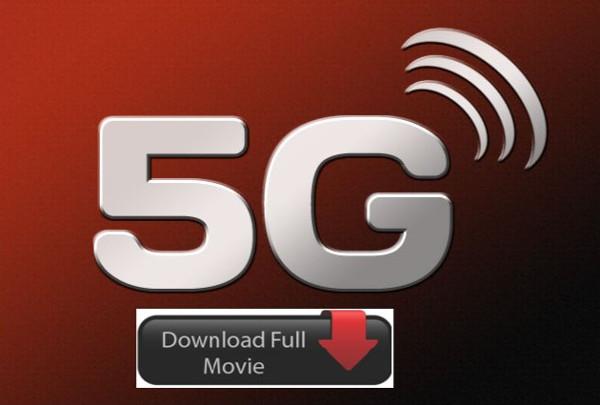Current networks are plenty fast now. What's needed is lower data cost! Can 5G can use spectrum more efficiently? Can 5G lower data cost?
I had a nearly 3 week outage with my ground based internet. After a week I decided to up my cellular data plan and use it for streaming video. I set up a wireless hot spot with my phone and setup my wireless receiver on my OPPO player. It worked fantastic! Much better than my land line! About 5x faster than my 9000Kbps land line! And much more solid!
Why not use it all the time? Data cost! It was fine for a week or 2, with dramatic conservation efforts I only used about 12Gig of data ($80). But at about $7 a gig it would be a lot less expensive to purchase Blu-ray disks at full retail than to use a high quality download service that can get me Blu-ray quality.
Perhaps 5G address that problem somehow because I won't tolerate a $1000/month or more data plan bill. It's not worth it.
Hope it lowers data plan cost!
Cheers,



























































